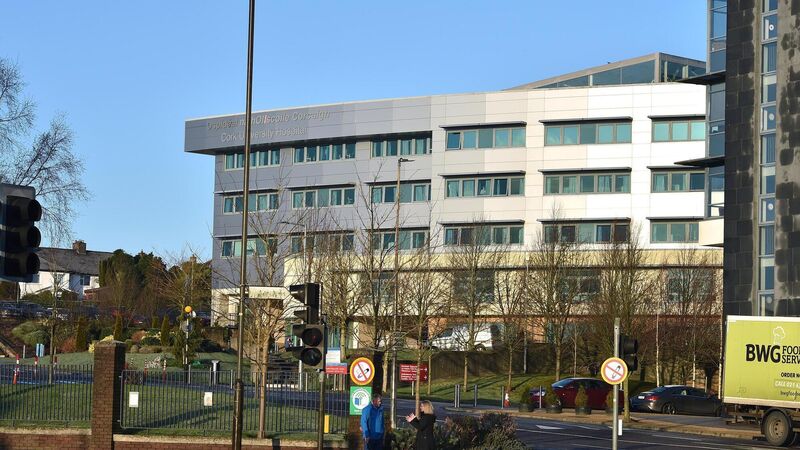Hospitals operating in 'environment of extreme and high risk' due to cyberattack

Delays at Cork University Hospital include a 10-hour turnaround for blood results which would normally take two hours. Picture Dan Linehan
Public hospitals are continuing to operate in an “environment of extreme and high risk” as the impact of the cyberattack continues, HSE chief executive Paul Reid has warned.
For three weeks now, the attack has reduced communication between and inside hospitals, with staff unable to access records and data systems.













